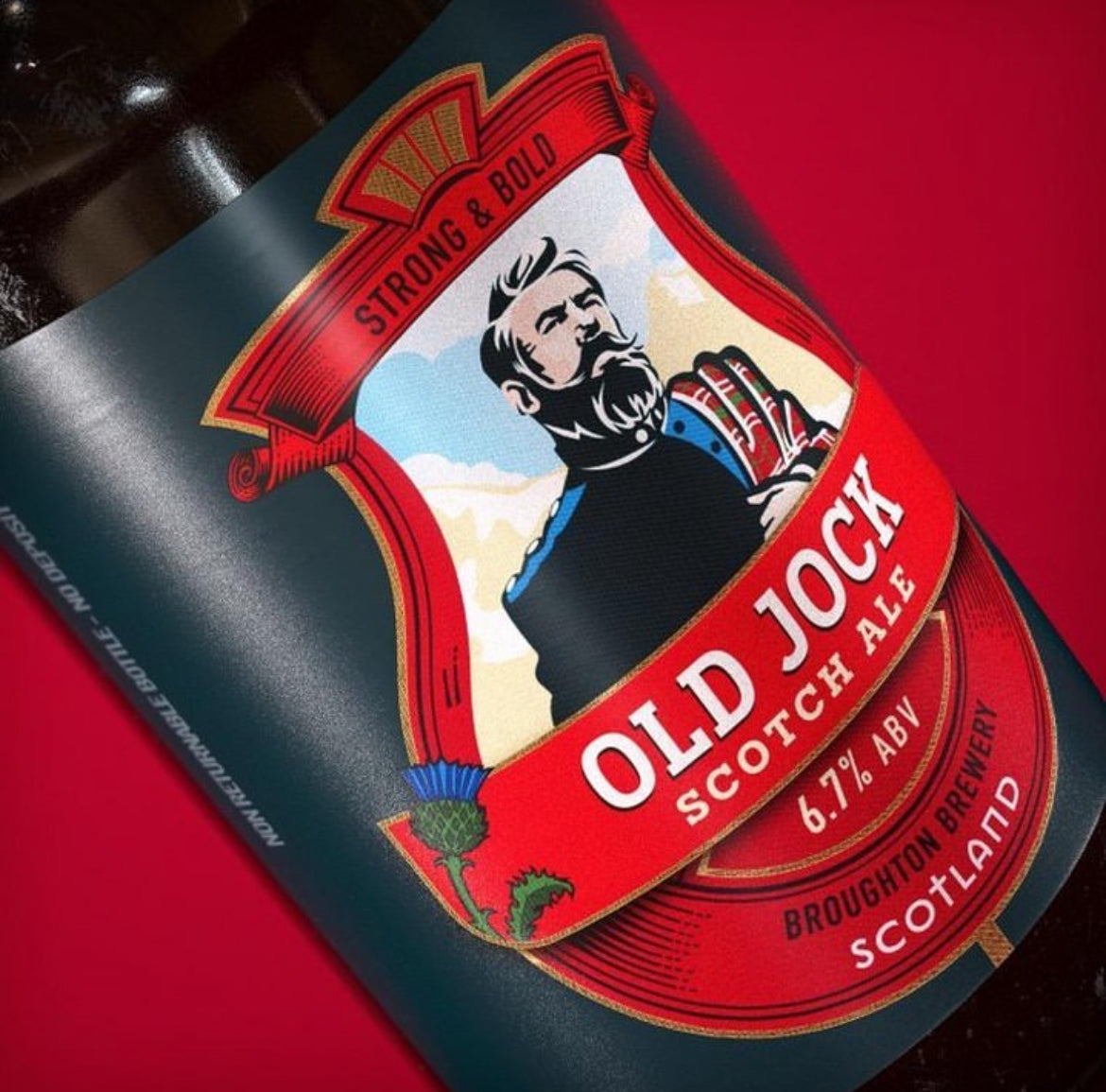Scotch ale often referred to as a ‘wee heavy’, has a rich history that traces back to the brewing traditions of Scotland. The origins of this robust beer style can be found in the medieval period, when brewing was predominantly a domestic activity. In Scottish households, ale was often crafted using local ingredients, resulting in a diverse array of flavours and styles. The climate and geography of Scotland played a crucial role in shaping the brewing practices, with the use of soft water, barley, and heather all contributing to the unique character of Scotch ale.
By the 18th century, the popularity of Scotch ale began to rise significantly, particularly in the Lowlands and Highlands. This period saw the establishment of commercial breweries, which began to refine and standardise the production of ale. The introduction of new brewing technologies, such as the use of thermometers and hydrometers, allowed brewers to achieve greater consistency in their products. It was during this time that the term "Scotch ale" became more widely used, as brewers sought to differentiate their products from the ales produced in England and other regions.
Scotch Ale's Evolution
A significant turning point for Scotch ale occurred in the 19th century, with the advent of the Industrial Revolution. The growth of the brewing industry coincided with advancements in transportation and refrigeration, enabling breweries to expand their reach and improve the quality of their beers. Notable brewers, such as William Younger (whose brother would later found Broughton Ales) and Robert McEwan, began to experiment with the ageing process of ale, leading to the rich, malty flavours that characterise modern Scotch ale. This experimentation paved the way for the creation of stronger brews, with higher alcohol content and complex flavour profiles.
In contemporary times, the revival of interest in traditional brewing methods has led to a renewed appreciation for Scotch ale. Craft breweries across the globe are embracing the historical roots of this style, experimenting with ingredients and techniques that honour the original brewing practices of Scotland. As beer enthusiasts seek out authentic experiences, the legacy of Old Jock Scotch Ale remains a testament to the enduring appeal of this storied beverage, highlighting how history, culture, and craftsmanship converge to create a truly remarkable ale.
Today, the legacy of Old Jock Scotch Ale continues to inspire beer lovers around the world. As enthusiasts explore its rich history, they gain a deeper appreciation for the brewing traditions that have shaped its character. From its humble beginnings in medieval Scotland to its status as a beloved craft beer, Old Jock Scotch Ale serves as a testament to the enduring power of tradition in the ever-evolving world of brewing. By celebrating these time-honoured practices, beer lovers not only honour the past but also contribute to the vibrant future of this cherished beverage.

Discover the rich history of Scotch Ale, its origins, traditional brewing techniques, and evolution in modern brewing.
The Role of Local Ingredients
The role of local ingredients in the brewing of Old Jock Scotch Ale is both a celebration of regional heritage and a testament to the craftsmanship that defines this historic beverage. Traditional brewing methods often relied on the natural resources available in the surrounding environment, which meant that local grains, hops, and water sources played a crucial role in shaping the character of the ale. The incorporation of these local elements not only enhances the flavour profile but also connects the beer to the land and its culture, creating a unique and authentic experience for the drinker.
In the Scottish Borders, where Old Jock Scotch Ale has its roots, barley has long been a staple crop, prized for its suitability for malting. The rich, fertile soil of the region produces barley that is steeped in tradition and history. Local farmers have cultivated specific varieties of barley for generations, each contributing distinct flavours and aromas to the brewing process. This practice not only supports local agriculture but also ensures that the ale maintains a consistent quality that reflects the terroir of the region.
Water quality is another critical factor in the brewing of Old Jock Scotch Ale. The soft, mineral-rich waters sourced from the nearby springs and rivers are ideal for brewing, influencing the final taste of the ale. The purity and composition of the soft, Scottish water can affect everything from fermentation to flavour extraction, making it an essential ingredient that brewers carefully consider. By utilising local water sources, brewers imbue their ale with the essence of the landscape, further enriching its character and authenticity.
Hops, while historically less prominent in Scottish brewing compared to other regions, have found their place in the production of Old Jock Scotch Ale through the use of UK native varieties. Local hop growers have experimented with different strains to enhance the ale’s aroma and bitterness, showcasing the unique qualities of Scottish & British hops. This commitment to local sourcing not only boosts the regional economy but also fosters a sense of community among brewers and farmers, who share a passion for preserving traditional brewing practices.

Ultimately, the use of local ingredients in Old Jock Scotch Ale is a reflection of the deep-rooted traditions that define this iconic beverage. Beer lovers who appreciate the rich history and craftsmanship behind the beer can take pride in knowing that each sip is a connection to the land, its people, and the generations of brewers who have dedicated themselves to the art of brewing. The legacy of Old Jock is not just found in its taste but in the story of the ingredients and heritage that make it truly special.



1 comment
Barry Kearton
Excellent brew, difficult to purchase in England though.
Leave a comment
This site is protected by hCaptcha and the hCaptcha Privacy Policy and Terms of Service apply.